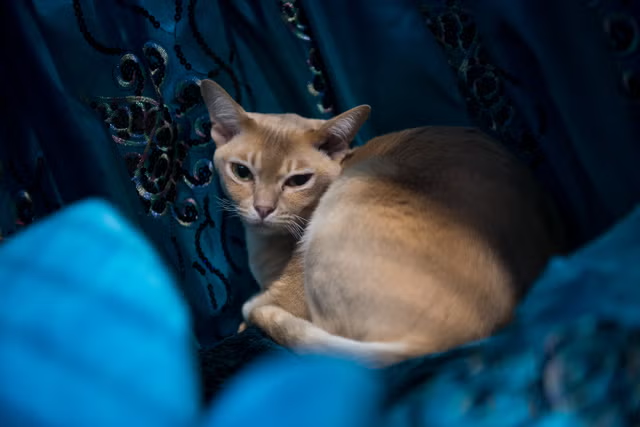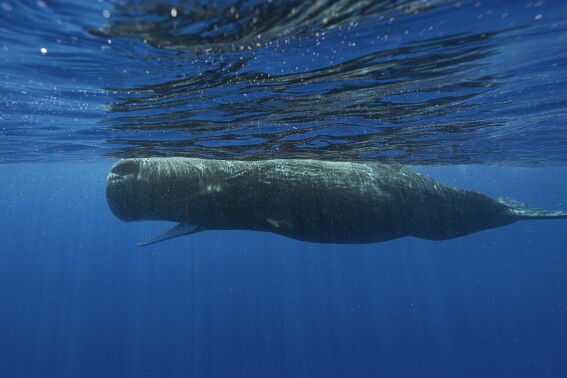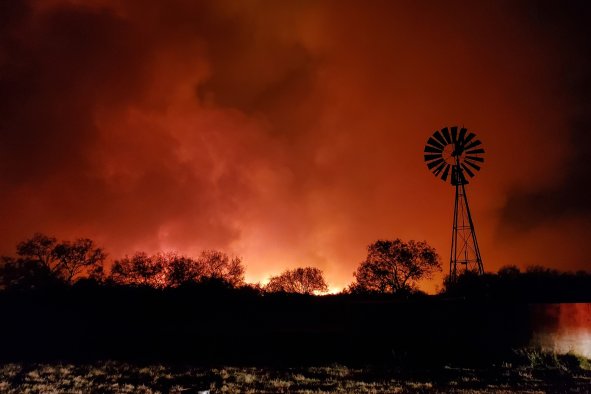Poor sleep in childhood may be linked to an increased risk of psychosis in early adulthood, according to a new study.
Researchers at the University of Birmingham in the U.K. and the University of Melbourne in Australia found that children who persistently slept fewer hours were more than twice as likely to develop a psychotic disorder in early adulthood.
Changes in inflammation may partly explain the link, they found.
Lead study author Dr. Isabel Morales-Muñoz, an assistant professor of psychology at the University of Birmingham, said in a press statement: "It's entirely normal for children to suffer from sleep problems at different points in their childhood, but it's also important to know when it might be time to seek help.
"Sometimes sleep can become a persistent and chronic problem, and this is where we see links with psychiatric illness in adulthood."
For the study, the researchers examined data from 12,394 children aged between six months to seven years and 3,889 adults aged 24. The information was taken from the Avon Longitudinal Study of Parents and Children.
Sleep duration was collected at multiple intervals between six months and seven years of age. Then at age 24, the participants were checked for any past psychotic experiences or disorders.
Three main symptoms are generally associated with a psychotic episode, including hallucinations, delusions and confused or disturbed thoughts. Experiencing psychosis can sometimes—but not always—be a symptom of a condition such as schizophrenia, bipolar disorder or severe depression.
After examining the data, the researchers found that children who persistently slept fewer hours between six months and seven years were more than twice as likely to develop a psychotic disorder by the time they were 24. They were also nearly four times as likely to have a psychotic episode.
Although the association between lack of sleep in childhood and psychosis in early adulthood was robust, exactly why this link exists is not yet known.
Poor sleep is known to impair the immune system, which could account for some of the associations. This was tested at nine years old by measuring levels of inflammation in blood samples. Results showed that a weakened immune system could partially explain the links between lack of sleep and psychosis, but other unknown factors are also likely to be important.
Speaking to Newsweek, Morales-Muñoz said brain development or impairment could also play a role.
"In this study, we mainly focused on the immune system—inflammatory markers—as this is quite a novel target that has emerged recently and had not been investigated before in a longitudinal study as a mediator between sleep and psychosis," she said.
"However, and importantly, we claim in our study that elevated inflammatory markers in childhood partially mediate these associations, but the effect of the mediation is not very strong. Therefore, this means that there are other relevant factors that could explain these associations. And among this, impairments in brain development is one of the key mediating factors that we would definitely explore in the future."
Underlying mental health problems, substance use, trauma, genetics and environmental factors are all thought to play a role in the development of psychosis.
However, understanding the role that good sleep hygiene plays in positive mental health is important.
"The good news is that we know that it is possible to improve our sleep patterns and behaviors," said Morales-Muñoz. "While persistent lack of sleep may not be the only cause of psychosis in early adulthood, our research suggests that it is a contributing factor, and it is something that parents can address."
The full findings of the study were published in JAMA Psychiatry.
Do you have a tip on a science story that Newsweek should be covering? Do you have a question about mental health? Let us know via science@newsweek.com.
Disclaimer: The copyright of this article belongs to the original author. Reposting this article is solely for the purpose of information dissemination and does not constitute any investment advice. If there is any infringement, please contact us immediately. We will make corrections or deletions as necessary. Thank you.



